Knowing what to keep in a safe is crucial for effective home security. Whether you’re a new homeowner, a frequent traveler, or simply organizing your home, this guide explains exactly what to keep in a safe. Keep reading to safeguard your most valuable possessions the smart way.
Why Knowing What to Keep in a Safe Matters
A home safe is a secure lockable box designed to protect valuables from theft, fire, or damage. In an unpredictable world, it offers peace of mind by keeping valuable items safe and accessible. But understanding what to keep in a safe goes beyond convenience; it’s about preparing for worst-case scenarios.
In 2022, over 847,000 burglaries were reported in the U.S., with nearly 424,000 incidents happening directly at victims’ residences. The total value of stolen property reached a staggering $463 billion, with only a fraction recovered. Homes without security systems are 300% more likely to be burglarized, and losses average $2,661 per break-in. These numbers make one thing clear: securing your most valuable possessions is not optional, it’s essential. Whether the threat is theft, fire, or unexpected emergencies, knowing what to keep in a safe could make all the difference.
What to Keep in a Safe
Not everything belongs in a bank vault. Here’s a breakdown of what to keep in a safe at home for easy access and maximum protection.
1. Firearms and Ammunition
If you’re a gun owner, storing firearms in a safe isn’t just smart, it’s your responsibility. A secure safe prevents unauthorized access, especially by children or intruders. A gun safe that offers biometric access, reinforced steel construction, and fast entry in emergencies would be the ideal choice. Whether you're storing cash in a safe or weapons, a gun safe is a vital part of your home security setup.

2. Important Documents
Items like birth certificates, passports, Social Security cards, wills, and insurance policies are irreplaceable and often needed quickly. Keep originals and certified copies neatly organized in labeled folders or fireproof envelopes. Use dividers inside your safe to make retrieval easier. Understanding what to keep in a safe ensures you're prepared for legal, financial, or medical emergencies.

3. Everyday Jewelry and Small Valuables
Frequent-use jewelry and compact valuables are best stored at home rather than in a safety deposit box. Bank access can be inconvenient or unavailable during off-hours or emergencies. Your safe offers 24/7 security while keeping your essentials within reach. Knowing what to keep in a safe helps protect sentimental and high-value items without sacrificing convenience.

4. Digital Backups and Sensitive Electronics
USB drives, external hard drives, and old phones can contain personal data, work files, or priceless memories. Store them in anti-static bags and check them periodically to prevent battery degradation or data loss. Add silica gel packets to minimize humidity inside the safe. Keeping such items secure is just as important as storing cash in a safe.

5. Spare Keys and Safe Deposit Box Keys
House, car, and storage keys can be lifesavers in a lockout but only if they’re safely stored. Your home safe is the ideal place to keep them out of sight but easily accessible. Give duplicates to a trusted family member for added security. When planning what to keep in a safe, don’t overlook the tools that give you access to everything else.

What NOT to Keep in a Safe
Not everything benefits from being locked away. Here are key items you should avoid placing inside your home safe.
1. Large Amounts of Cash
While storing cash in a safe offers quick access during emergencies, keeping large sums at home increases fire and theft risks. Unlike a bank, a safe provides no insurance against loss. The FDIC doesn’t insure physical cash, even in a safety deposit box. Limit cash storage and consider diversifying it across safer, insured options.

2. Items with Strict Humidity Requirements
Delicate valuables like pearls, antique books, and fine art don’t do well in enclosed spaces. Even in high-end safes, moisture can build up and damage sensitive materials over time. Unless your safe has a humidity control system, avoid placing such items inside. A climate-controlled environment is far more appropriate for preservation.

3. Perishable or Consumable Items
Safes are no substitute for a refrigerator or medicine cabinet. Avoid storing medications, vitamins, food, or anything with a short shelf life. These items need specific temperature and moisture conditions to remain effective or safe. A safe’s sealed environment may actually accelerate spoilage or chemical degradation.

4. Items Requiring Constant Access
If you need to grab your work laptop, external hard drive, or frequently used tools multiple times a day, a safe may not be practical. Constantly opening and closing the safe can defeat its purpose and wear down its mechanisms. Instead, use tiered storage to keep essentials handy, and backups secure.

5. Combustible or Hazardous Materials
While a gun safe is built to handle firearms and some ammunition, not all safes can safely store pressurized containers, flammable chemicals, or hazardous substances. These materials can pose a serious danger in confined spaces. Always follow storage guidelines provided by the manufacturer or seek specialized containment solutions.

Conclusion
Knowing what to keep in a safe, and what to avoid is essential for protecting your most valuable possessions. Choosing the right safe ensures peace of mind, whether you're securing legal documents, jewelry, or firearms. Langger Safe stands out as a trusted brand offering reliable protection for both everyday homeowners and responsible gun owners.
Langger Safe’s lineup includes home safes and gun safes, designed with convenience, capacity, and durability in mind. Our products offer ample storage space, perfect for everything from digital backups to firearms. You can choose safes that sit on the floor, mount on walls, or rest on surfaces, whichever suits your space. With multiple unlocking options like biometric fingerprint scanners, digital codes, and traditional keys, access is always secure and easy. Every Langger Safe product is UL-certified and ETL-tested, guaranteeing top-tier protection.
Ready to protect what matters? Buy your Langger Safe today and secure your future with confidence.

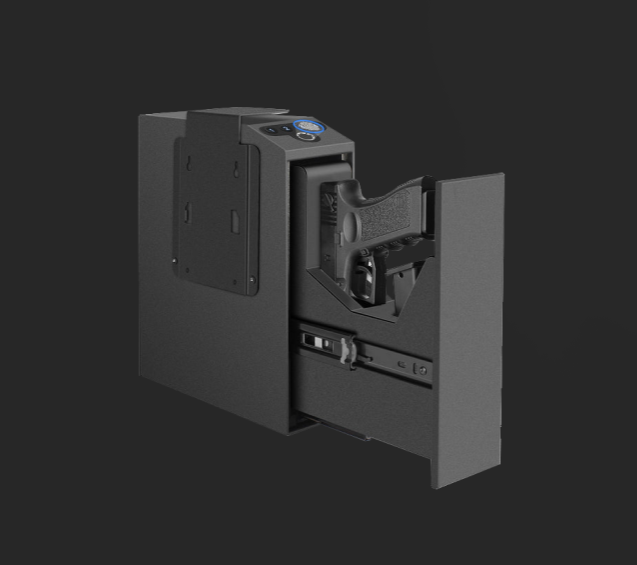
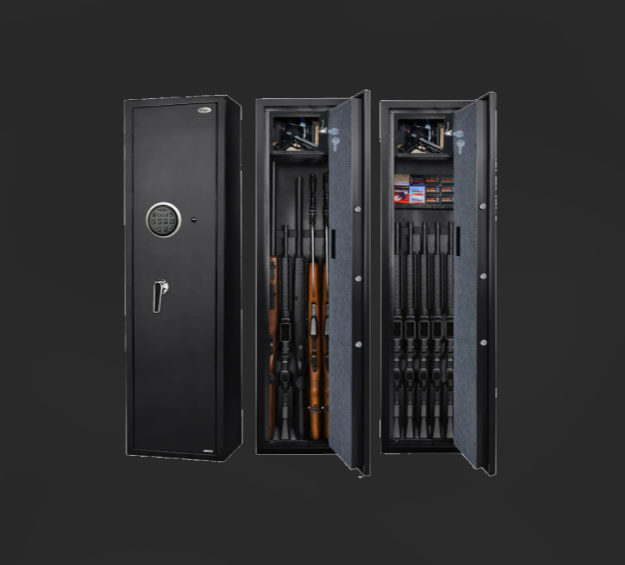
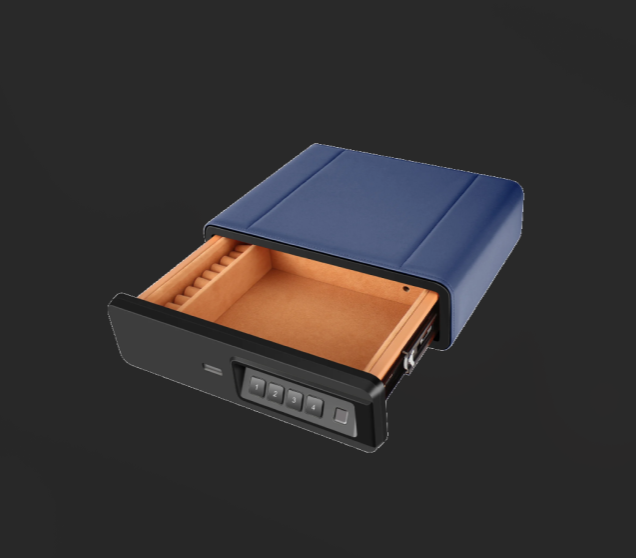
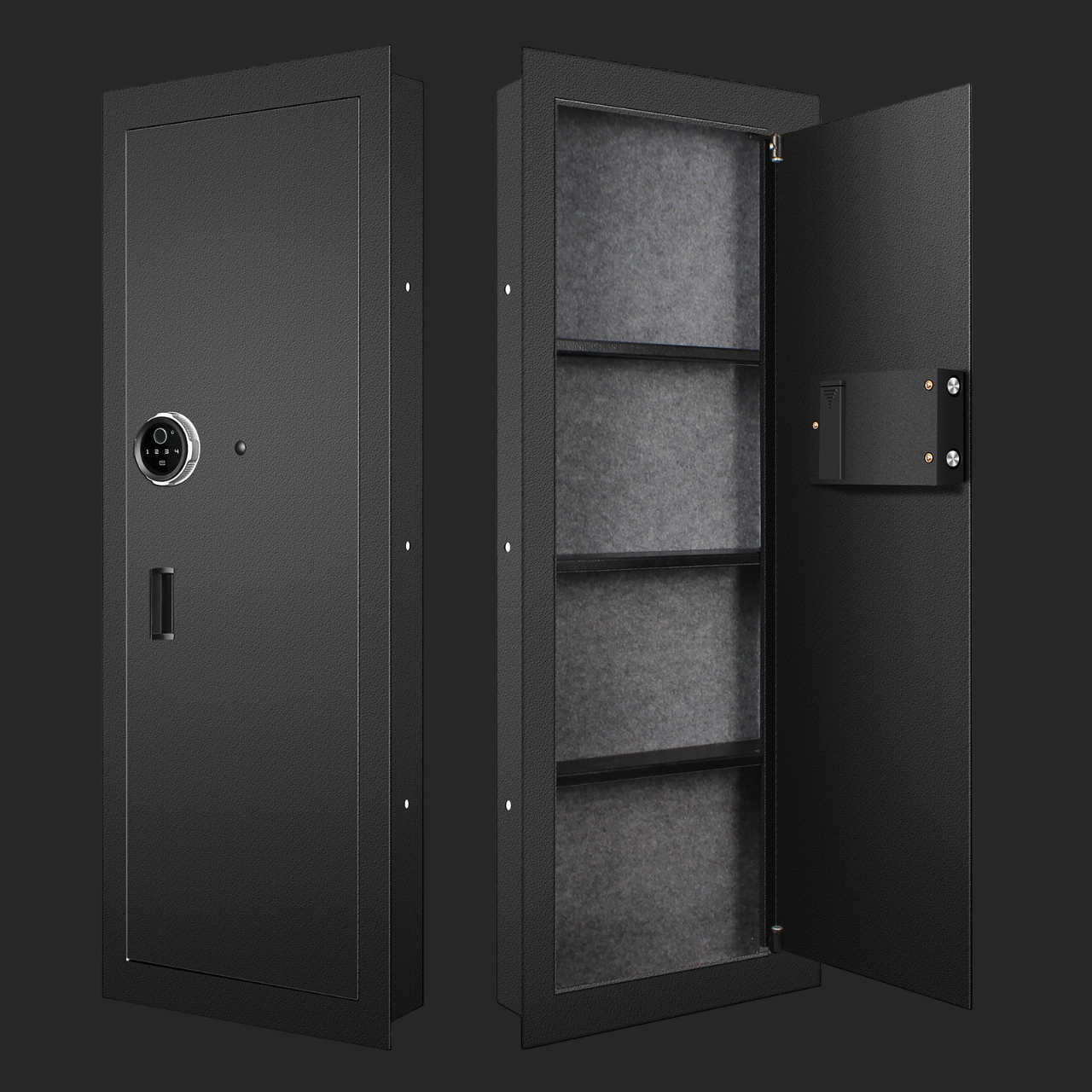
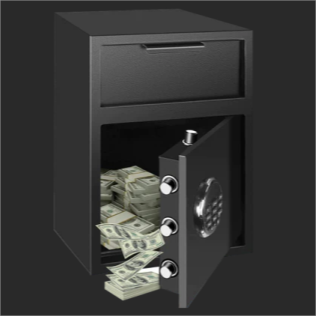

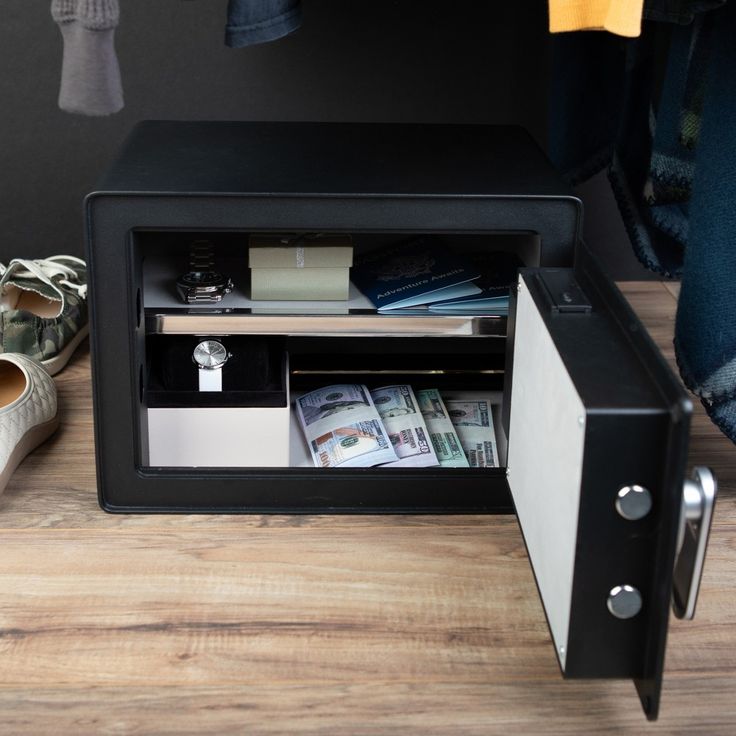
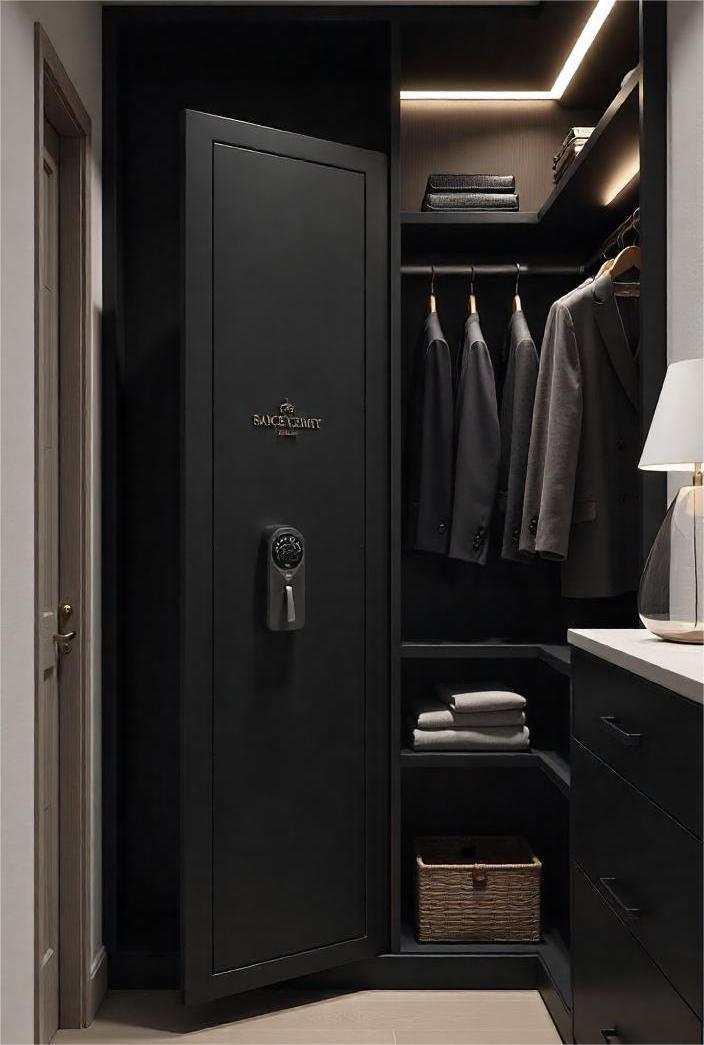
Leave a comment
This site is protected by hCaptcha and the hCaptcha Privacy Policy and Terms of Service apply.